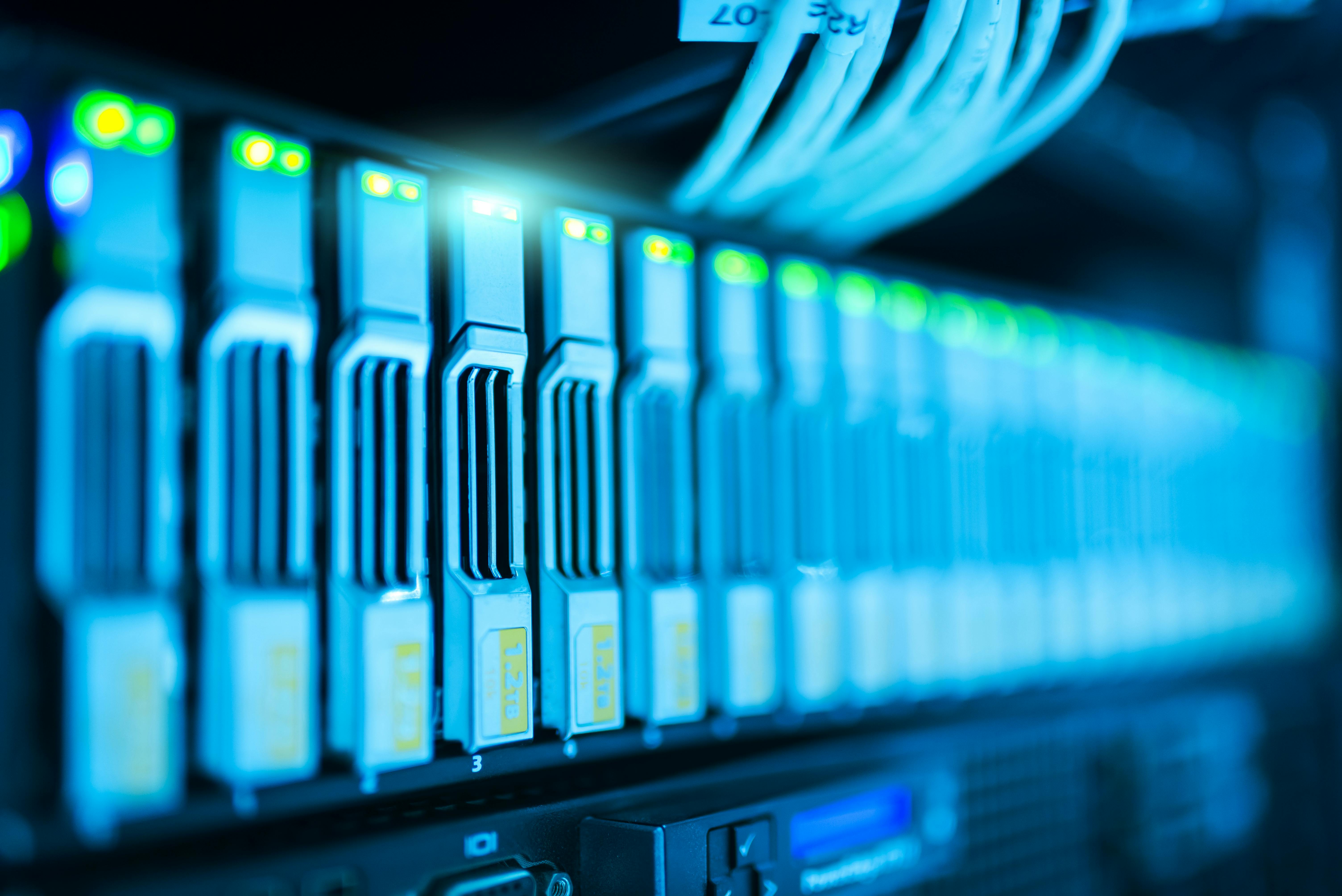

.jpg)

In today's digital age, where data is the new oil, the demand for computing processing power is insatiable. Whether it's powering complex simulations, accelerating scientific research, or driving advancements in artificial intelligence, the need for high-performance computing (HPC) is omnipresent. However, traditional methods of increasing processing power through hardware advancements are reaching their limits. This is where Artificial Intelligence (AI) steps in, offering innovative solutions to push the boundaries of computing capabilities. And leading the charge in this revolution is NVIDIA.
At its core, AI offers a diverse set of techniques and algorithms that mimic human intelligence to solve complex problems. When applied to computing processing power, AI brings forth a multitude of benefits that not only enhance performance but also optimize energy efficiency and streamline operations.
One of the most prominent ways AI augments computing processing power is through optimization and automation. AI algorithms can analyze workloads in real-time, identifying patterns and optimizing hardware resources accordingly. For instance, dynamic workload scheduling algorithms can allocate computing tasks to different processing units based on their capabilities and availability, maximizing efficiency and reducing latency.
Moreover, AI enables predictive analytics capabilities that anticipate future computing demands and preemptively allocate resources to meet them. By leveraging historical data and machine learning algorithms, AI can forecast workload patterns and adjust system configurations proactively, ensuring optimal performance under varying conditions.
Another significant contribution of AI to computing processing power lies in its ability to enhance parallelism. Traditional processors, such as central processing units (CPUs), excel at executing instructions sequentially. However, many computational tasks, particularly those in fields like deep learning and scientific computing, are inherently parallelizable. Graphics processing units (GPUs), equipped with thousands of cores running in parallel, are well-suited for such tasks. AI-driven optimizations further exploit parallelism by efficiently distributing workloads across these cores, unlocking unprecedented processing power.

Furthermore, AI plays a crucial role in improving energy efficiency in computing systems. Through techniques like dynamic voltage and frequency scaling (DVFS) and power-aware workload scheduling, AI algorithms can dynamically adjust hardware parameters to match the workload's requirements while minimizing energy consumption. This not only reduces operational costs but also contributes to sustainability efforts by lowering carbon footprints.
Additionally, AI-driven approaches to hardware design and architecture hold the promise of further enhancing computing processing power. By employing AI techniques like generative design and reinforcement learning, researchers can explore novel architectures that are optimized for specific workloads and performance metrics. This could lead to the development of specialized processors tailored for AI tasks, further accelerating advancements in fields like deep learning and natural language processing.
In conclusion, AI is a game-changer in the realm of computing processing power, offering a myriad of benefits ranging from optimization and automation to energy efficiency and hardware design. By harnessing the power of AI, organizations can unlock unprecedented levels of performance and scalability in their computing infrastructure, driving innovation across industries. As AI continues to evolve, its integration with computing processing power promises to redefine what's possible, ushering in a new era of technological advancement and discovery.


.jpg)
